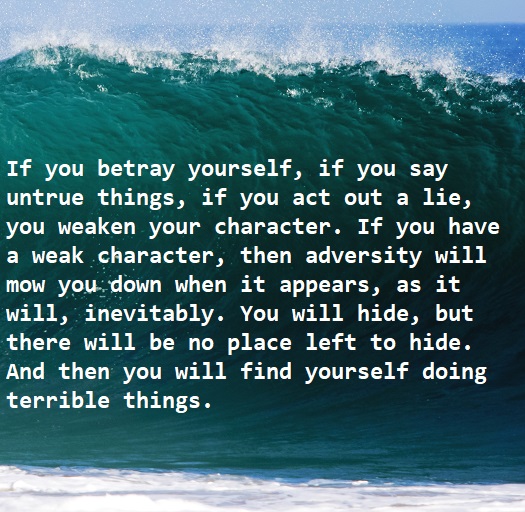

By combining knowledge of the past with a full-hearted optimism and a generous attitude toward his readers and listeners, Peterson generates an impressive level of intellectual firepower." -Robert Fulford, National Post In the intellectual category, he's easily the largest international phenomenon since Marshall McLuhan. "Jordan Peterson, has become one of the best-known Canadians of this generation. 12 Rules for Life shatters the modern commonplaces of science, faith and human nature, while transforming and ennobling the mind and spirit of its readers. Peterson journeys broadly, discussing discipline, freedom, adventure and responsibility, distilling the world's wisdom into 12 practical and profound rules for life. What does the nervous system of the lowly lobster have to tell us about standing up straight (with our shoulders back) and about success in life? Why did ancient Egyptians worship the capacity to pay careful attention as the highest of gods? What dreadful paths do people tread when they become resentful, arrogant and vengeful?ĭr. Peterson tells us why skateboarding boys and girls must be left alone, what terrible fate awaits those who criticize too easily, and why you should always pet a cat when you meet one on the street. Humorous, surprising and informative, Dr.

Peterson's answer to this most difficult of questions uniquely combines the hard-won truths of ancient tradition with the stunning revelations of cutting-edge scientific research. What does everyone in the modern world need to know? It’s partly inability.#1 NATIONAL BESTSELLER #1 INTERNATIONAL BESTSELLER It is in this manner that those who fail to learn from the past doom themselves to repeat it. Repeated use of the same faulty tools produces the same faulty results. People create their worlds with the tools they have directly at hand. Freud called this a “repetition compulsion.” He thought of it as an unconscious drive to repeat the horrors of the past-sometimes, perhaps, to formulate those horrors more precisely, sometimes to attempt more active mastery and sometimes, perhaps, because no alternatives beckon. Or, perhaps, they don’t want the trouble of better. Such people don’t believe that they deserve any better-so they don’t go looking for it. “Sometimes, when people have a low opinion of their own worth-or, perhaps, when they refuse responsibility for their lives-they choose a new acquaintance, of precisely the type who proved troublesome in the past.

That simply cannot be the proper path forward.” That would make the shortcomings of the world, which can make everyone who thinks honestly question the very propriety of the world, worse in every way. If that stark fact meant, however, that we had no responsibility to care, for ourselves as much as others, everyone would be brutally punished all the time. Everyone falls short of the glory of God. You may therefore have to conduct yourself habitually in a manner that allows you some respect for your own Being-and fair enough. You should take care of, help and be good to yourself the same way you would take care of, help and be good to someone you loved and valued.

You are, therefore, morally obliged to take care of yourself. You have some vital role to play in the unfolding destiny of the world. You are important to other people, as much as to yourself.


 0 kommentar(er)
0 kommentar(er)
